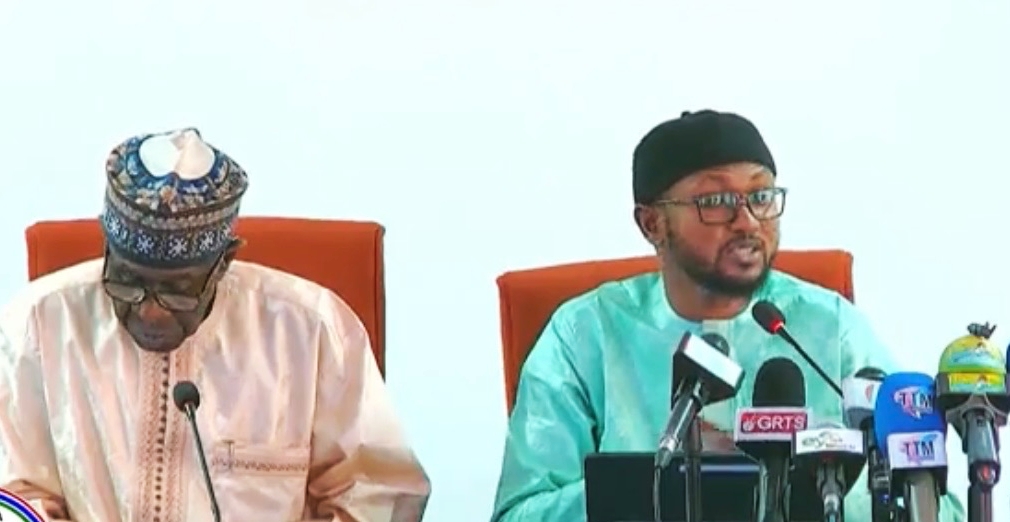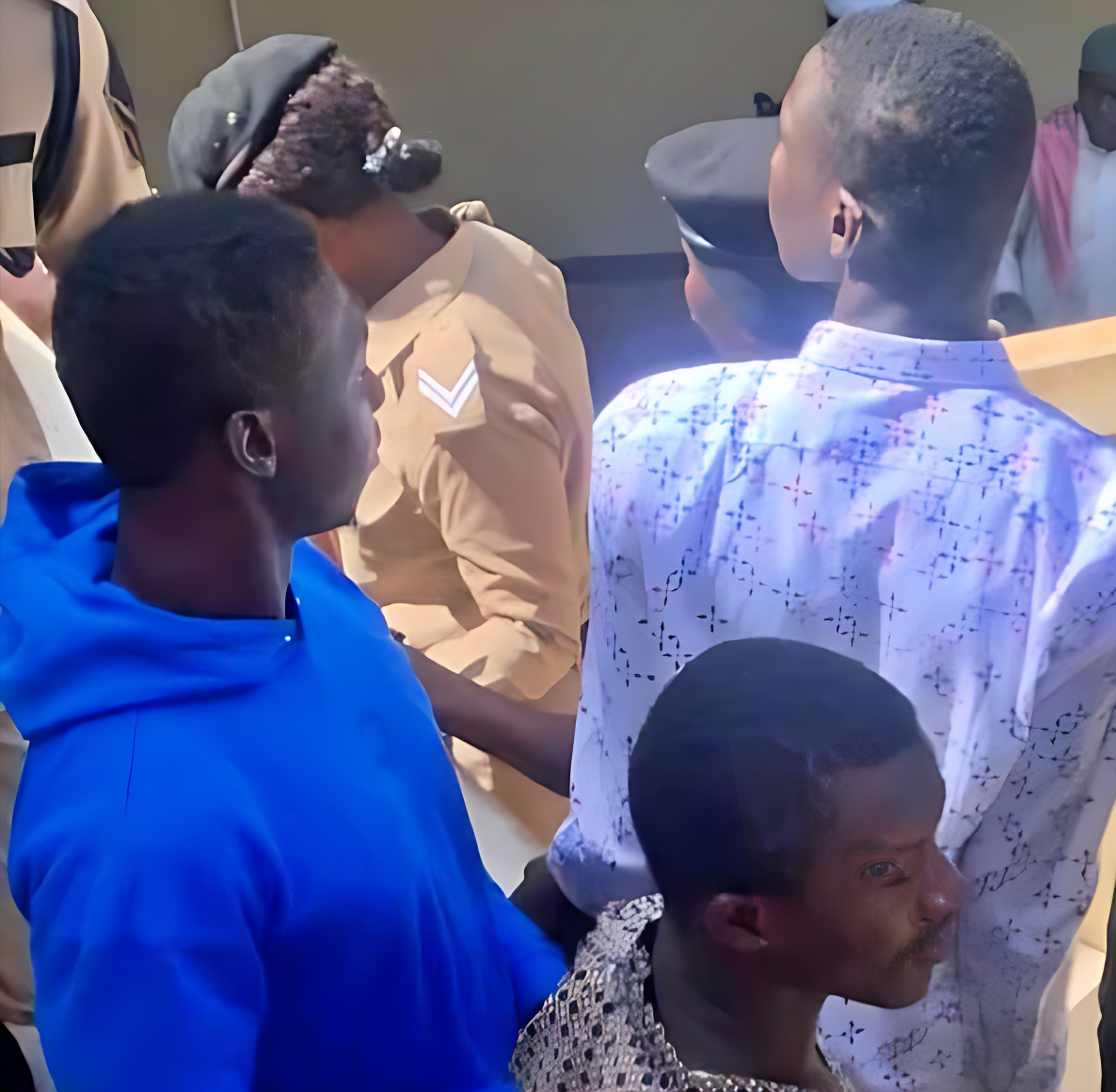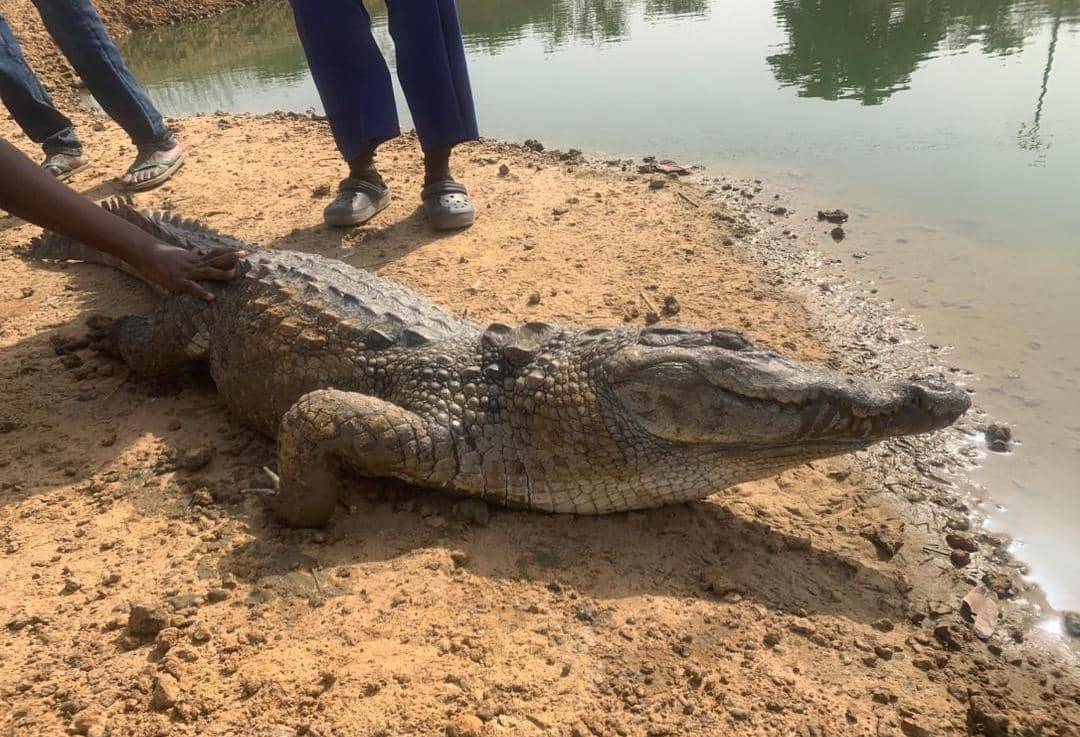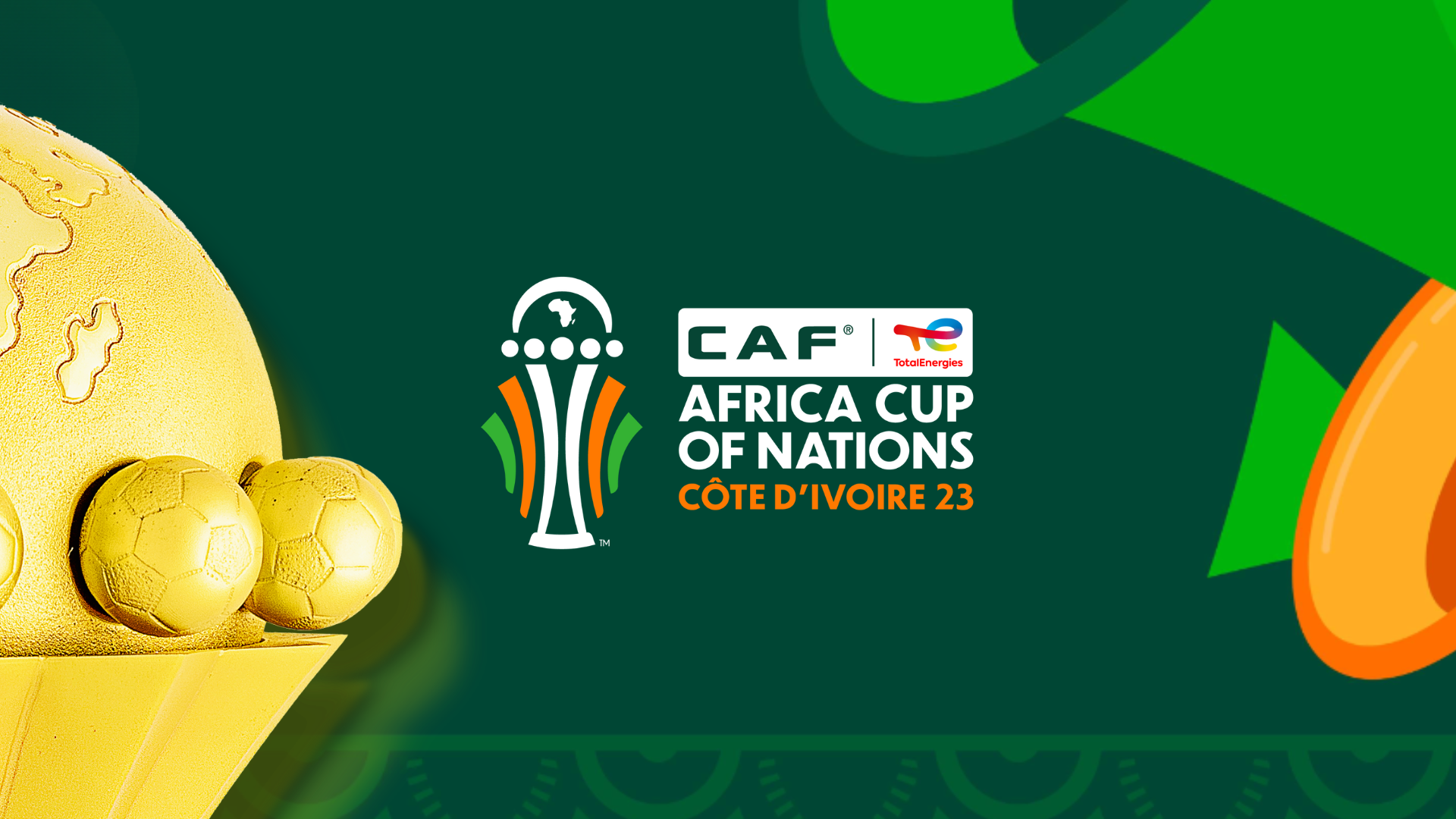The African Cup of Nations (AFCON) football tournament will soon kick off on the shores of the lagoons of the magnificent country of Côte d’Ivoire, with its predictable paradoxes, disappointments, and greatness. Nations invest billions in this tournament and demand results. Undoubtedly, it’s the most attractive event on the continent.
You may love or hate football, but it remains a global issue. Beyond the AFCON, football in general carries many complexities. Whatever the stances, we could have broadened the geopolitical, historical, and economic knowledge of our youth through their passion for football or other things. It might work better than a class lesson on Côte d’Ivoire.
It allows us to know that this country is the world’s top producer of cocoa and cashew nuts, the fifth-largest producer of palm oil (second in Africa), the seventh-largest producer of natural rubber (first in Africa), and the fourth-largest producer of cotton in Africa.
This AFCON will enable us to learn how high Mount Nimba is, about Sal, Boa Vista, and Sao Vicente, and why this country has more Cape Verdeans outside. This tournament course will help us learn the languages spoken in Mauritania and their origins.
The same could be said for all the countries that qualified for AFCON 2024. We can do this with football, chocolate, “ataya,” and many other things. Out of the box.
We can also have a class on the business of football. How did Côte d’Ivoire manage to invest almost 1 billion dollars? What will be the repercussions for the six sites hosting the matches? What is the business model? The question of corruption surrounding these events… How much will the return on investment (ROI) be in billions of dollars? The AFCON will generate billions of dollars in revenue. Football-business. Half of it will come from broadcasting rights. Who are the entities behind these investments?
We can also extensively discuss the environmental impact of the AFCON. Most stadiums have been certified. I am sure this would have interested our students and some people to know how it works. How the same approach can be used in events, including here with us. Energy efficiency standards for stadiums, waste management, water consumption, and building materials. Preserving biodiversity means adhering to architectural standards. How to make events carbon-neutral. The impact of transportation in terms of greenhouse gas emissions. Those teams that come along with their own food…
We can educate the public a lot on this part too. On the dietary preparation of athletes. Why do big teams bring their stock and chefs? Why do they prefer meals based on carbohydrates, which take longer to digest? How do athletes manage jet lag during travel? People pay attention, even to the brightness in their rooms. How is the lions’ or the Scorpions’ base camp chosen?
The question of money. Even after being eliminated in the first round, Senegal left Qatar with 6.7 million euros, or more than 4 billion CFA francs, in the last World Cup. How was it injected into football? How do teams approach mental preparation based on cultures? What tools and techniques? Who are the sponsors of the AFCON? These logos will parade around the stadium. What values do they promote? Why and how?
The involvement of some sponsors deserves a special report. We already know about the corruption problems with FIFA and the AFCON, which have lost quite a few sponsors.
Football, without being exhaustive, is also about this complexity. We can criticize young people for adoring it; it might be better to go through its complexity to give them simple instruments and tools to better understand geopolitics, history, economics, anthropology, and theories on greenhouse effects. Happy AFCON.










